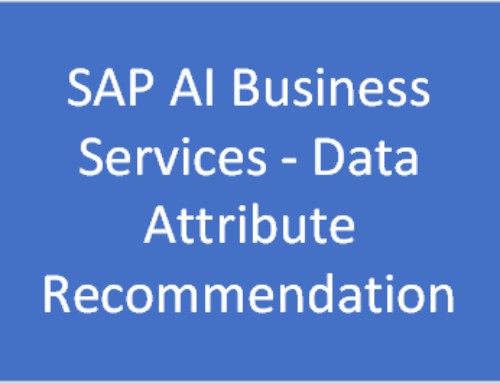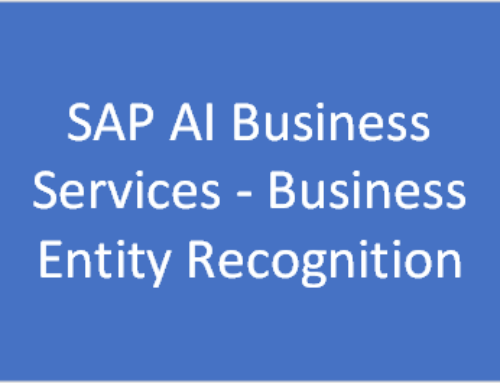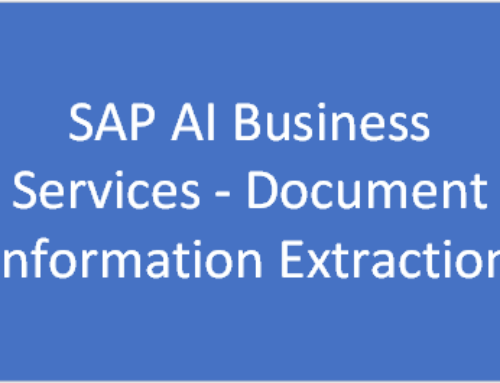We are probably all aware of hearing or reading the news and publications about how global trade has developed over the last fifty years. Portugal started the eastern trade in the 15th century and they slowly established a sea faring route to sell or exchange the products. The Portuguese had traveled through many countries and took many years to sell or exchange their products. Slowly, this form of trading in the current century has formed many billion-dollar companies selling their own unique products. Global trade is inevitable and every international trade organization would like to have a footprint in all of the countries, but countries have their own import and export models, rules and regulations to protect their people, land, resources and economy. In most situations, these implement restrictions on what, how, where and when trade can be performed.
If we look closely at global supply chain management, the global trade export and import processes are an integral part of it. We could not split global trade if a company is selling their products beyond their country boundaries or territories. If a company imports or exports their products, then they have to abide with the import and export laws and regulations of their own country in addition to the country that they are importing from or exporting to.
In today’s world, the biggest threats are nuclear, epidemic, and global terrorism. Countries are setting more stringent rules and regulations than two or three decades ago. The import and export of food products will have different rules and regulations than for example vehicle import and export. Pharmaceutical import and export rules and regulations are again different from food product import and export. A company has to declare to the export and import customs departments exactly what their goods or services are, or contain, prior to departure via country import or export.
SAP Global Trade Services provides one instance that may solve all the different countries import and export declaration issues during the global supply chain management transactions.
SAP Global Trade Services major components
The SAP Global Trade Services major components can be described as:
- Compliance Management
- Customs Management
- Risk Management
- Electronic Compliance Reporting (ECR)
Customs management in SAP GTS
The Customs Management component will assist you in generating the required export and import documentation for customs authorities. The trade documentation is required to accompany the products, or to be sent in advance in electronic form or as physical documents prior to the export or import occurring. Every country has their own automated application systems, for example in the USA there is the Automated Export System, in Germany the ATLAS system, and in New Zealand the TSW system. All these systems help trading companies to submit their import and export clearances electronically.
SAP Event Management comes with a predefined set of expected and unexpected events for SAP Global Trade Services import and export customs declaration integration
The image below provides an overview of the high level integration between a SAP Global Trade Services system and a SAP Event Management system:
Export and Import declaration documents
The declaration documents required for export and import can include:
- Customs documents
- Customs shipments
- Presentation documents
- Predeclarations
- Inbound delivery documents
Customs export declaration: SAP Event Management expected and unexpected Events
The image below provides a diagrammatic overview of the customs export declaration process as processed within a SAP Global Trade Services system and a SAP Event Management system:
Customs import declaration: SAP Event Management expected and unexpected Events
The image below provides a diagrammatic overview of the customs import declaration process as processed within a SAP Global Trade Services system and a SAP Event Management system:
Two SAP Event Management BADI implementations for SAP GTS customs export and import declarations
The following are two examples of calls to SAP Event Management for implementing SAP Global Trade Services customs import and export declarations:
/SAPSLL/EM_CUS_DOC_EXP – Call SAP Event Management for customs export declarations
/SAPSLL/EM_CUS_DOC_IM – Call SAP Event Management for customs import declarations
Benefits of using SAP GTS Customs Management integration with SAP Event Management
The following benefits can be gained by integrating SAP Global Trade Services Customs Management with SAP Event Management:
- Receive high visibility on customs operations and import and export customs documents
- Trigger a proactive alert if the import and export customs documentation are not sent on time
- Create manual or automated customs documentation before time
- Avoid costly fines and demurrage charges
- Submit electronic customs clearance with European, US, Asian, New Zealand and Australian customs authorities in a timely manner
- Track and trace shipments and custom declaration requirements at departure or destination ports
- Receive customs declaration status on shipments
- Raise an alert when customs authorities do not provide clearance of the shipments within a specific time
Conclusion
Enabling SAP Event Management with SAP Global Trade Services provides high visibility of customs import and export declaration documents and provides preventive action enabling submission of manual or electronic documents without any delay.









Leave A Comment